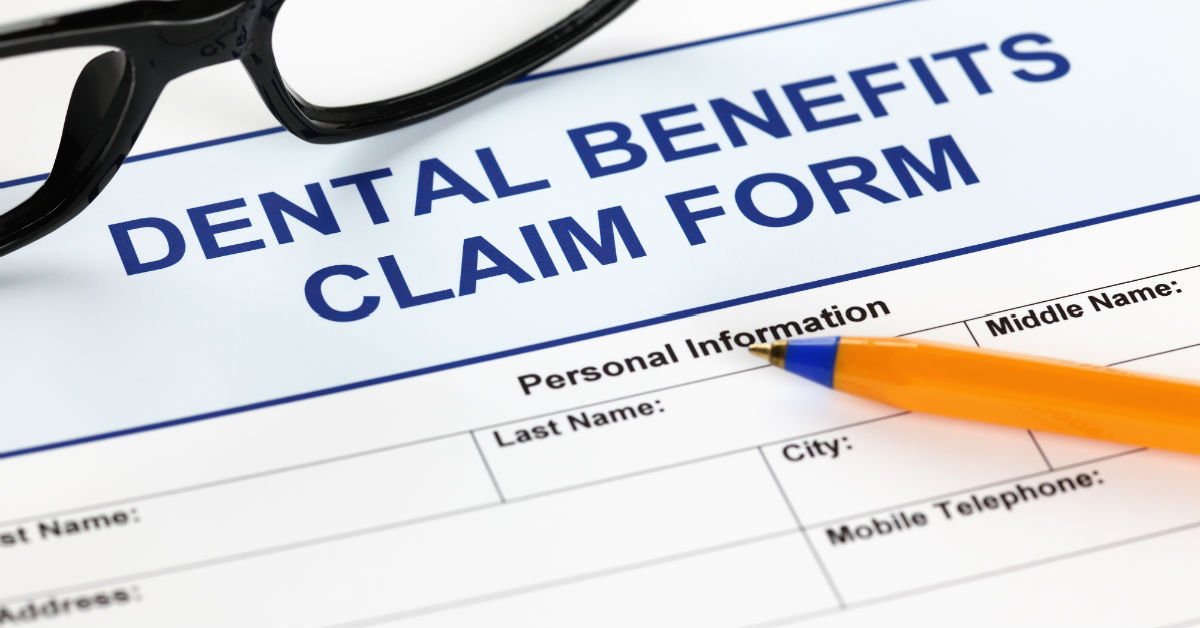
If you’re like most people, you likely have dental insurance through your work and have not given your policy more than a token glance. Most people set aside time to look over their health insurance to understand their basic coverage and what type of supplemental coverage they might need to keep their medical bills down. However, people with relatively healthy teeth don’t think much about insurance they only use every six months.
At some point, you will need to understand your dental insurance so that you use it properly. Your teeth may start to get cavities, or you could find yourself in need of a root canal that can become a very expensive procedure. You will need to know what your insurance covers and how much will come out of your pocket, including deductibles. Fortunately, you can easily find the information you need on how your dental insurance works.
Finding Help
The first place to start when it comes to learning about your dental insurance policy is to review the policy itself. If you have spent time reading your regular health insurance policy, then reading your dental policy should not be a problem. Your policy will outline everything from what services are covered, how often you can use routine maintenance procedures throughout the year and any emergency coverage you might have available.
If you are still confused about your dental coverage after reading the policy, then call the company that holds your policy. Your insurance company will answer your questions and help you to understand the various types of coverage you have. You can also call the reception desk at your dentist’s office as they will have someone on staff who is an expert in dental insurance, and they can also answer your questions in detail.
Understanding the Language
This following brief glossary of the terms you will run across as you read and discuss your policy will help enhance your understanding. https://www.deltadentalins.com/oral_health/insurance-terms.html
- Annual maximum– The annual maximum is the amount of money the insurance company will pay in one calendar year towards those insured on the policy.
- Deductible – A deductible is how much you pay out-of-pocket for your services. You have to pay the deductible before the carrier will start paying for your care.
- Claim – A claim is a form submitted to the insurance company by the dentist or the patient to demand payment for services rendered.
- Co-payment – A co-payment is a flat fee or a percentage that the patient is responsible for paying for each appointment or procedure. The co-payments apply to any bills due after the deductible has been paid in full.
- In network – Your dental plan might be based on an open or closed network. An open network means that you can see any provider as long as they accept your insurance. A closed network is a specific set of providers who are the only ones who will accept your insurance. When you are “in network,” you are using a provider that is part of the insurance company’s list of approved providers.
Differentiating Between Plan Year and Calendar Year Deductible
Your dental insurance policy will have a deductible based either on the calendar year or the plan year. A policy based on the calendar year runs from January 1 to December 31. Within that period, any payments you make out of your pocket apply to your deductible. After you have paid your deductible for the year, then any dental services you receive will be covered by your insurance until December 31. On January 1, your deductible resets to its maximum amount, and you start paying your deductible all over again.
Some policies use a plan year, which can run for any 12-month period. If the policy’s plan year starts on March 1, then the year ends on February 28 of the following year. The same rules for paying your deductible in a plan year apply to a calendar year; the only difference is the dates.
You need to understand if your deductible is based on a calendar or plan year so that you know when you are done paying your deductible. If you somehow enter the plan later in the year, you will also need to know exactly when your deductible resets.
Pre-Authorization as a Safety Net
Dentists use pre-authorization when they need approval from insurance companies to perform certain procedures. You should never assume that your dental insurance covers all of the work your dentist does because that assumption could wind up costing you thousands of dollars. The best approach is to have your dentist pre-authorize more complicated procedures by submitting paperwork to your insurance company and checking to see if the procedure is covered.
Remember that procedures have to be approved to apply to your deductible as well as your regular coverage. If you are still paying on your deductible and the insurance company does not approve a procedure, then the money you spend on that procedure will not count towards your deductible.
Options when Insurance Won’t Help
Insurance might not offer you the financial help you need. This commonly happens when:
- You are paying your deductible
- You have reached your annual maximum
- The pre-approval for a procedure you need is declined
You do have other options you can try when your dental insurance cannot help out. You can discuss a loan with your local bank, explaining that the loan is for medical reasons. Some lenders have more lenient criteria for medical situations, and they might even lower your interest rate for you.
Credit companies, such as Care Credit, are designed specifically for medical expenses, and you can find an application for a Care Credit account in your dentist’s office. If there is no application in your dentist’s office, then apply online. To help cover medical expenses, you might try one of several credit cards when you want to finance your dental work.
You might also ask friends and family for help. With online donation sites such as GoFundMe, you can have the money you need for your dental procedure in days.
Your dental insurance policy is much more robust that you may think. When you spend a little time exploring your dental insurance options, you will find that you can have routine maintenance procedures done for free and find plenty of solid dental advice available from the associates who work for your insurance company and at your dentist office.



Leave a Reply